The Supreme Court on Monday, September 5, in a unanimous decision, upheld the win of William Ruto as the duly elected President of the Republic of Kenya.
Minutes after the verdict, Azimio deputy running mate Martha Karua stated that she respected the final judgement by the Court.
"The court has spoken. I respect but disagree with the findings," Karua stated.
The Supreme Court of Kenya ruled on nine issues that were presented before them for determination.
On technology used by IEBC, the Supreme Court ruled that the petitioners failed to convince them that the technology deployed did not meet the standards.
Read More
"Supreme Court is not persuaded that the IEBC technology did not meet the standards for ensuring the accurate and verifiable outcome of the August 9 poll," CJ Koome stated in the ruling.
On the allegations that the IEBC system was accessed by unscrupulous people who deleted, uploaded, and manipulated forms, the Supreme court ruled that no credible evidence was provided to prove that such acts happened.
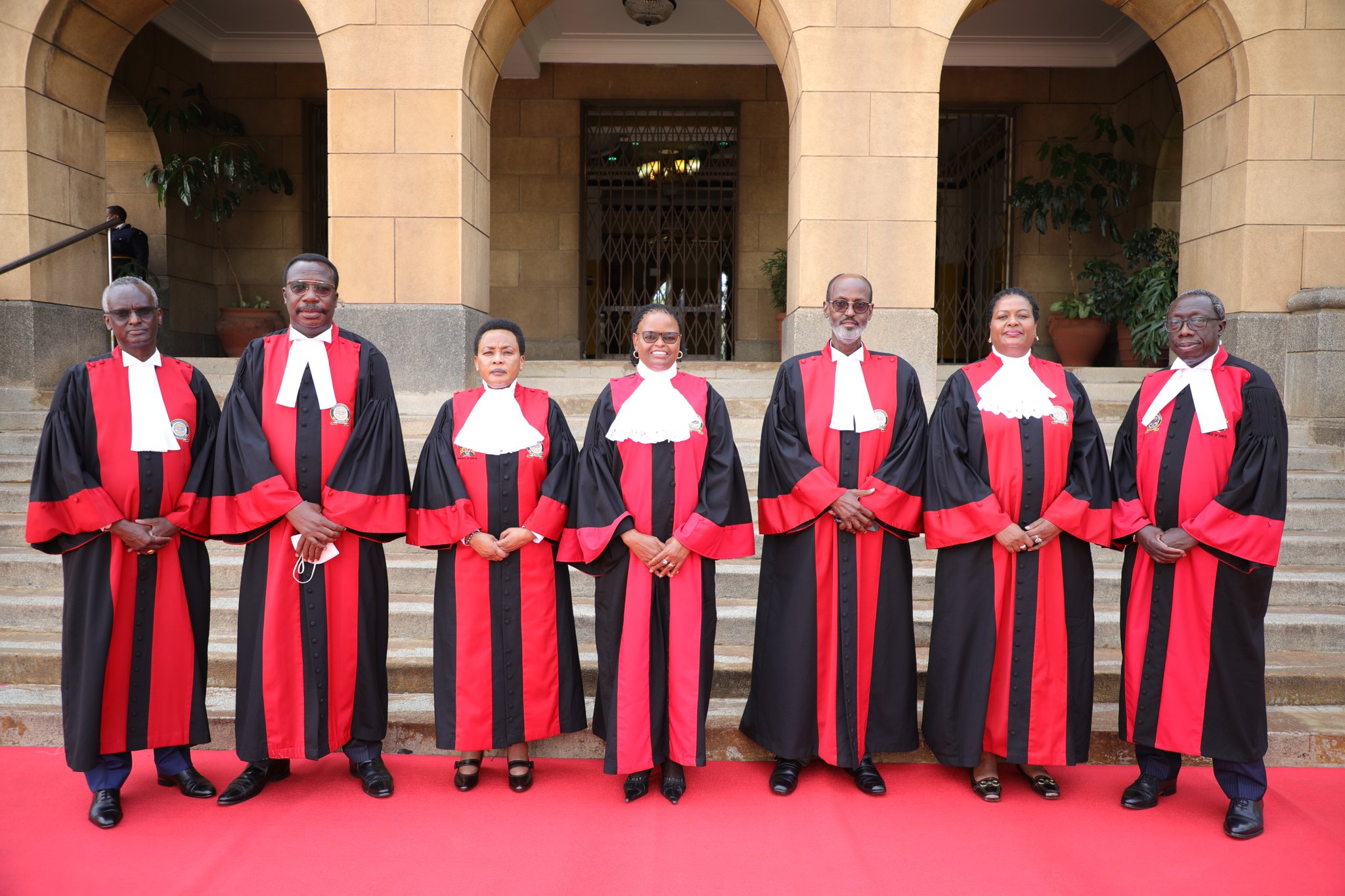
Further, the Supreme Court also ruled on the third issue where they were to determine whether there was a difference between forms 34A uploaded in the portal and those received at the National Tallying Centre and forms 34A issued to agents at polling stations.
In their determination, the court stated that there was no evidence to prove the allegations. The court also ruled that there were no significant differences to affect the overall results.
"There were no significant differences between Forms 34As uploaded on the portal and those submitted at the Bomas that would affect the overall results. The allegation that IEBC used a tool to tamper with Forms 34A was sufficiently explained when IEBC demonstrated how KIEMS captured and transmitted the image.," Koome stated.
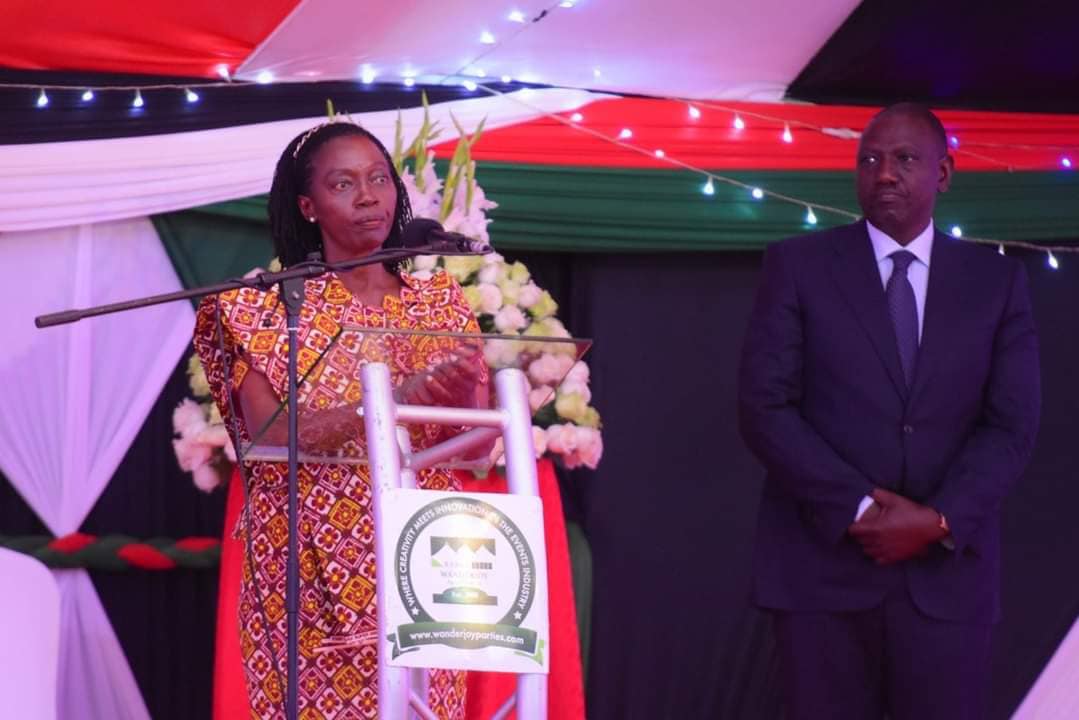
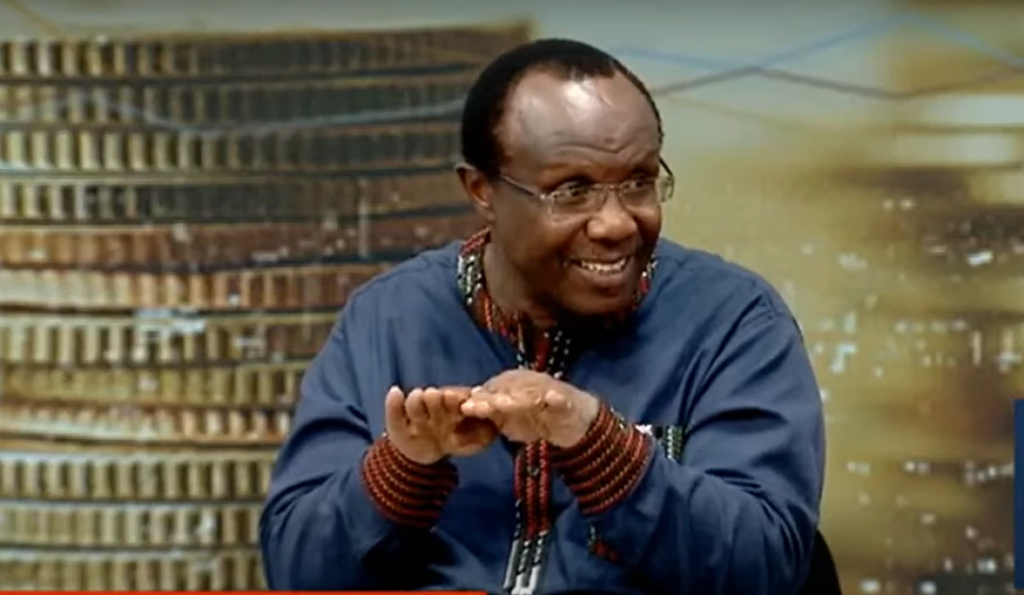
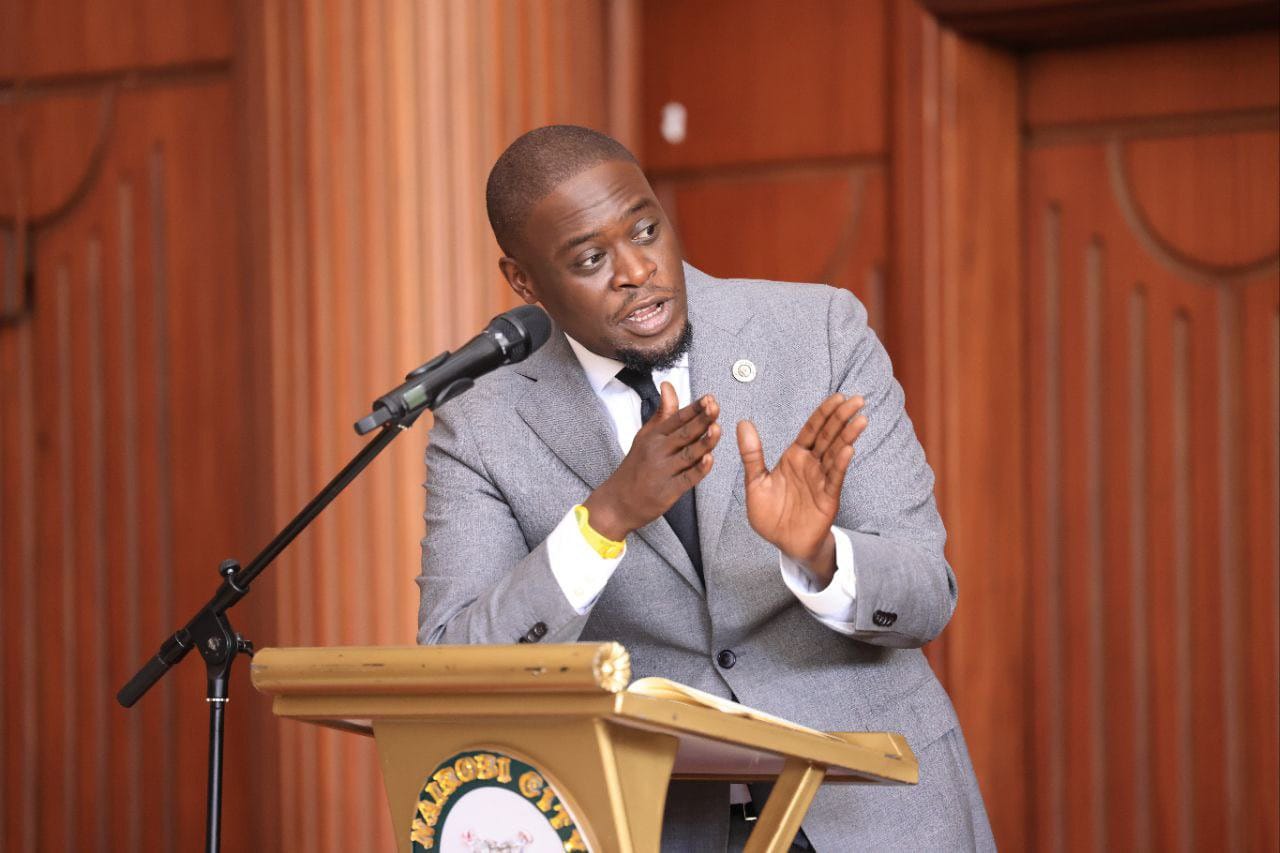
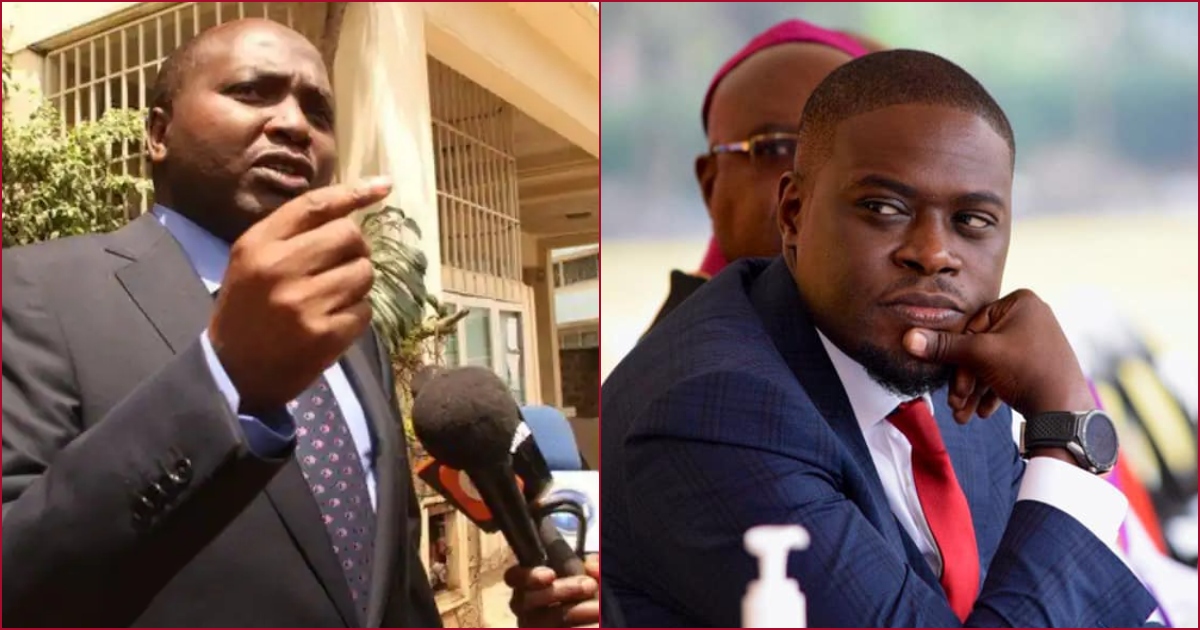
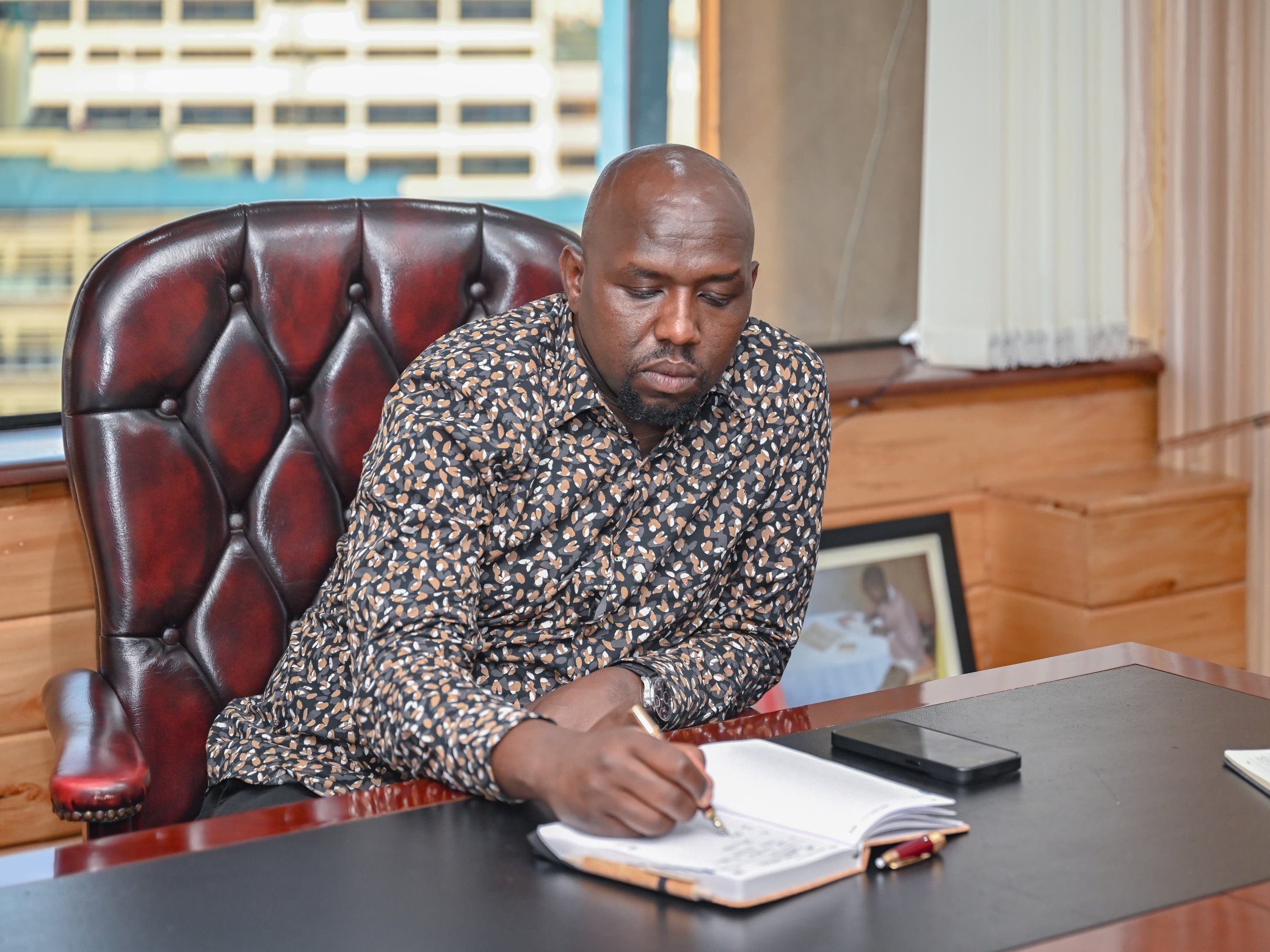
-1713447672.jpg)
-1713536678.jpg)